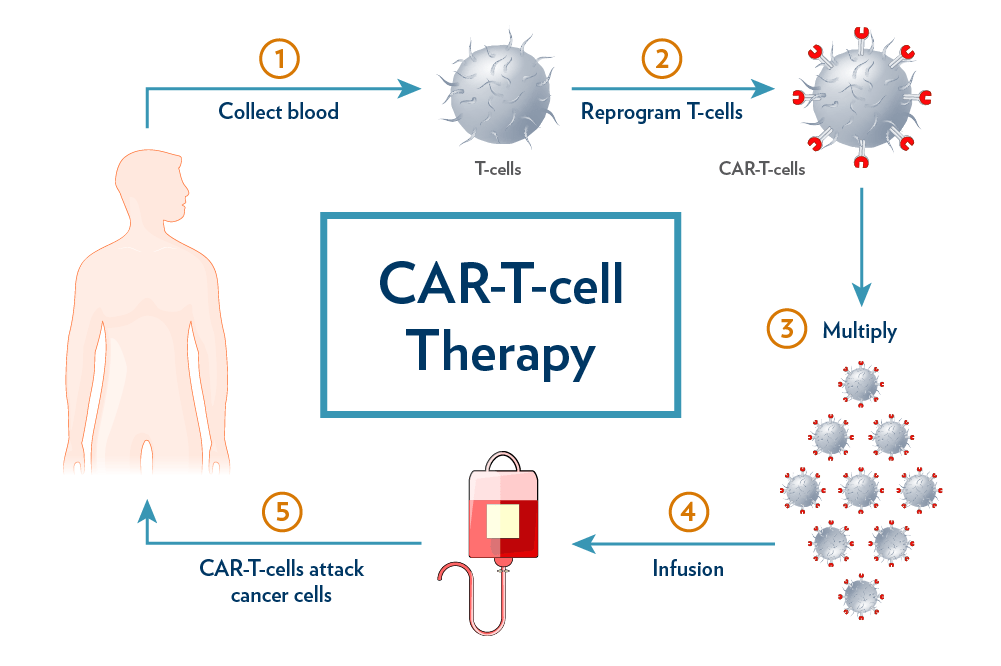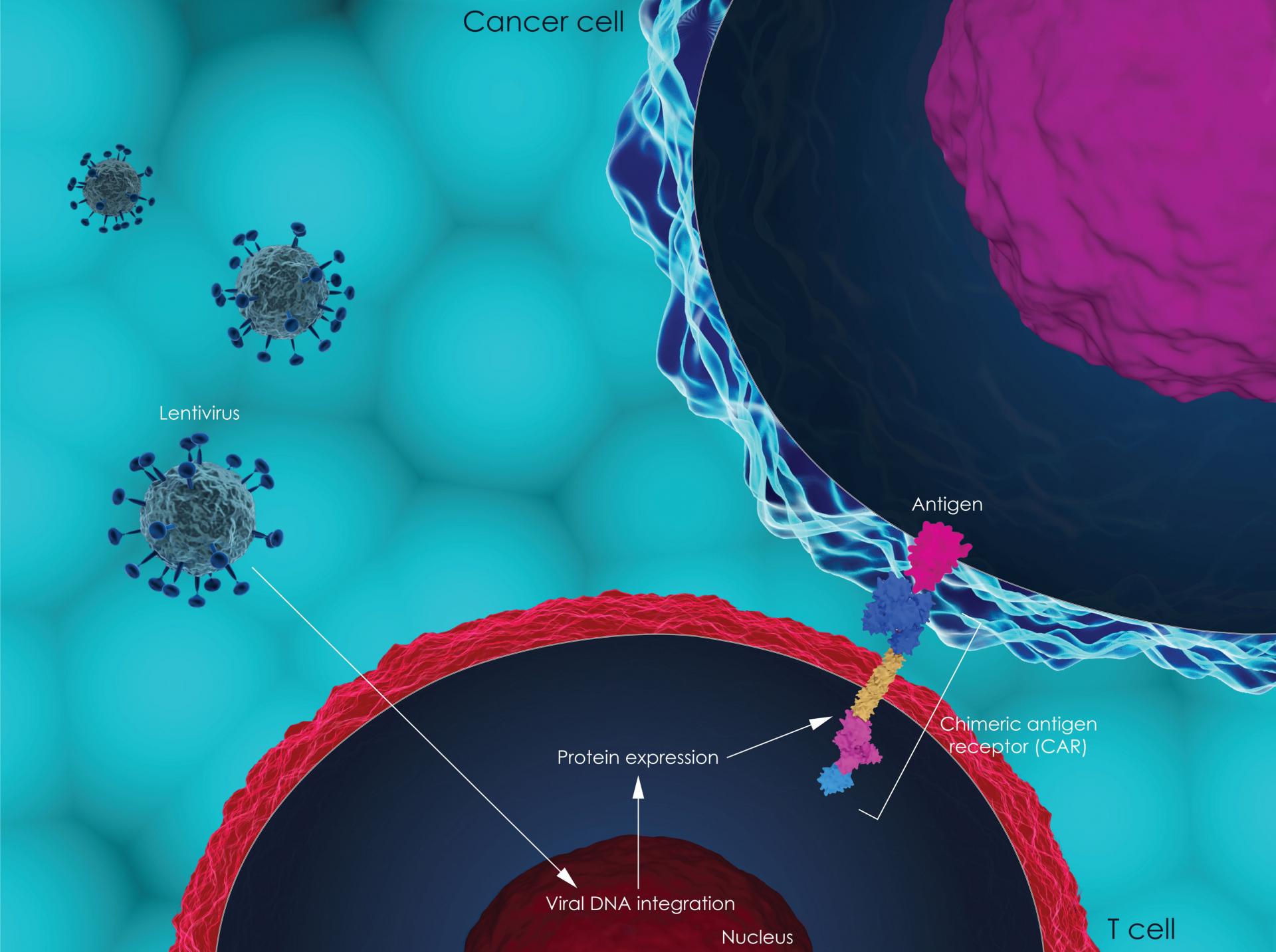Introduction
The FDA has recently granted breakthrough therapy designation to a novel CAR-T cell therapy, marking a significant advancement in the treatment of high-risk lymphoma patients. This cutting-edge therapy has shown remarkable efficacy in improving survival rates, offering new hope to those battling this aggressive cancer.
Understanding CAR-T Cell Therapy
Chimeric Antigen Receptor T-cell (CAR-T) therapy is a form of immunotherapy that modifies a patient’s T-cells to recognize and attack cancer cells. The process involves extracting T-cells from the patient, genetically engineering them to express receptors specific to the cancer cells, and then reintroducing these modified cells back into the patient’s body. These engineered T-cells can then target and destroy lymphoma cells with high precision.
The FDA Breakthrough Designation
The FDA’s breakthrough therapy designation is granted to treatments that demonstrate substantial improvement over existing therapies for serious or life-threatening diseases. This designation aims to expedite the development and review process, ensuring that patients have quicker access to promising new treatments. The CAR-T cell therapy’s breakthrough status underscores its potential to transform the treatment landscape for high-risk lymphoma patients.
Clinical Trials and Efficacy
The CAR-T cell therapy in question has undergone rigorous clinical trials, with results showing a significant improvement in survival rates for high-risk lymphoma patients. In a recent study, the therapy demonstrated a remarkable response rate, with a significant percentage of patients achieving complete remission. These promising results have paved the way for further development and potential widespread use in clinical settings.
Mechanism of Action
CAR-T cell therapy works by harnessing the power of the patient’s immune system. The engineered T-cells are equipped with chimeric antigen receptors (CARs) that specifically target antigens present on the surface of lymphoma cells. Once the CAR-T cells bind to these antigens, they initiate a robust immune response, leading to the destruction of the cancer cells. This targeted approach minimizes damage to healthy cells and reduces the side effects typically associated with traditional cancer treatments.
Benefits Over Traditional Treatments
Traditional treatments for high-risk lymphoma, such as chemotherapy and radiation, often come with severe side effects and limited efficacy. CAR-T cell therapy offers several advantages over these conventional methods:
- Targeted Action: CAR-T cells specifically target cancer cells, reducing collateral damage to healthy tissues.
- Durability: The modified T-cells can persist in the body, providing long-term protection against cancer recurrence.
- Reduced Side Effects: Patients undergoing CAR-T therapy typically experience fewer and less severe side effects compared to traditional treatments.
Challenges and Considerations
While CAR-T cell therapy holds great promise, it is not without challenges. The manufacturing process is complex and costly, and there are potential risks of severe immune reactions, such as cytokine release syndrome (CRS) and neurotoxicity. However, advancements in medical technology and ongoing research are continually improving the safety and efficacy of this therapy.
Future Prospects
The breakthrough designation by the FDA is expected to accelerate the availability of CAR-T cell therapy for high-risk lymphoma patients. As research progresses, there is potential for expanding the use of CAR-T therapy to other types of cancer. Ongoing clinical trials are exploring its efficacy in treating solid tumors and other hematologic malignancies.
Conclusion
The FDA’s breakthrough therapy designation for the new CAR-T cell therapy marks a significant milestone in the fight against high-risk lymphoma. This innovative treatment offers a beacon of hope for patients who have exhausted traditional options, providing a targeted and effective approach to combat this aggressive cancer. As the field of immunotherapy continues to evolve, CAR-T cell therapy stands at the forefront of cancer treatment, promising a brighter future for patients worldwide.


